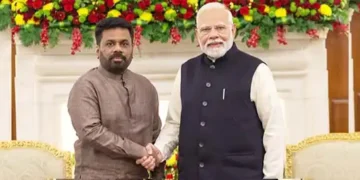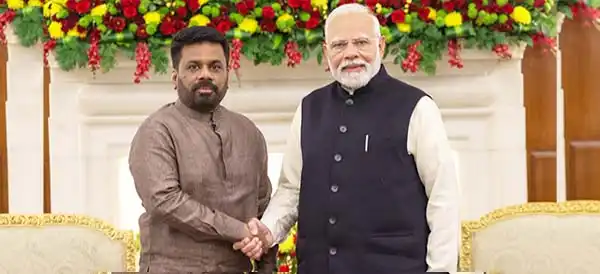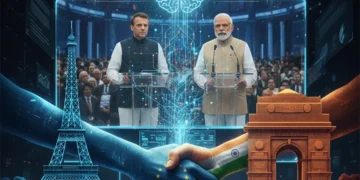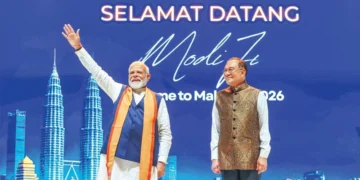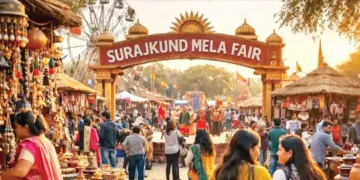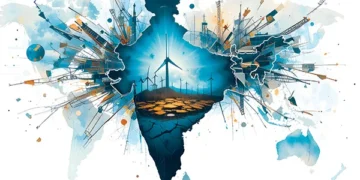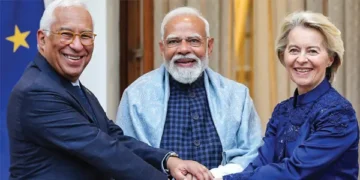 SRI Lankan President Anura Kumara Dissanayake’s visit – his first overseas after occupying the post – was in keeping with tradition, but his assurance not to let his country’s territory be used against India “in any manner” marked a distinct change.
SRI Lankan President Anura Kumara Dissanayake’s visit – his first overseas after occupying the post – was in keeping with tradition, but his assurance not to let his country’s territory be used against India “in any manner” marked a distinct change.
With this, India has regained the most trusted status of the island nation, effectively countering Beijing’s design to expand its hegemony in the India Ocean. Dissanayake’s assurance was also significant in view of the fact that his Janatha Vimukthi Peramuna (JVP) is a Left-leaning, pro-China party.
It could be viewed as an indication that the new Sri Lankan Government under him will extend the one-year moratorium imposed by the previous government on the visits of all ‘foreign research vessels’, which is due to end next month.
In the last 10 years or so, the frequent presence of Chinese ships had become the main irritant in bilateral ties between India and Sri Lanka.
Joint statement
The joint statement, after his meeting with Prime Minister Narendra Modi, covered aspects similar to the one subsequent to the visit of his predecessor Ranil Wickremesinghe, in 2023.
The joint statement talked of India’s commitment to help Sri Lanka in areas such as agriculture and the digital economy. There was also a mention of the proposed Economic and Technological Cooperation Agreement, about which 14 rounds of negotiations have been held so far.
On the fisheries dispute, the two sides apparently stuck to their stated positions but Colombo should help facilitate an early meeting between the fishermen’s associations in both countries. Though there is no reference to the 13th Amendment to the Sri Lankan Constitution, India did mention matters such as reconciliation and the need for Sri Lanka fulfilling its commitments towards “fully implementing” its Constitution and conducting Provincial Council polls.
The JVP ran a virulent campaign against the Amendment, an outcome of the 1987 India-Sri Lanka Accord. As the coalition that Dissanayake heads secured a massive mandate across the country in the November 14 parliamentary election, he is in a comfortable position to show a new direction to ties with India.
Dissanayake expressed gratitude for India’s role in stabilising Sri Lanka’s economy following its collapse in 2022 and reiterated his vision for economic cooperation that prioritises sustainable development and recovery. The agreements reached during Dissanayake’s visit aim to build on that foundation by encouraging investment-led partnerships, improving connectivity, and enhancing trade.
The visit culminated a wide range of collaborative initiatives, from energy partnerships to regional security cooperation. As Prime Minister Narendra Modi said, India had proved to be a friend in need when Sri Lankan economy tumbled as a result of Chinese ‘debt trap diplomacy”. It can be trusted as a reliable partner for Sri Lanka’s development.
